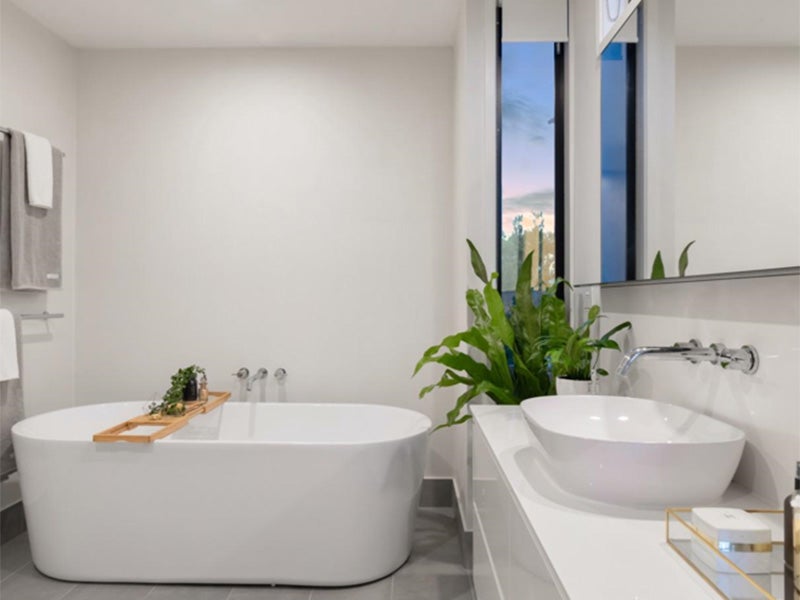Essential Plumbing Tips for New Homeowners

So, you’ve finally got a (new) home for yourself? Congratulations! Buying your own home is one of life’s greatest achievements, especially in these times of high inflation. Although it’s a fantastic feeling to have a home under your name, becoming a homeowner also brings a whole lot of new responsibilities. Taking care of the plumbing system is one of them. Here are some useful tips to help with that:
1. Locate the Main Water Valve
First things first – look for the main water valve as soon as you move to your new home. No matter how amazing the condition of your plumbing system is in right now, you cannot completely overrule the risk of plumbing emergencies. And in case of emergencies, like major water leaks and burst pipes, you would want to know the main valve to shut off the water supply to prevent flooding in your new home.
2. Inspect Your Plumbing System
If you’ve bought an old home, we strongly recommend calling a professional plumber to inspect your plumbing system so any issues can be readily found and fixed. You won’t luckily need this if your home is newly built. However, in both cases, it is wise to inspect your plumbing system at least once a month to spot any developing issues before they become bigger problems and/or cause inconveniences.
Check for leaks, rust, corroding or damaged pipes, and slow-working or clogged drains to figure out if your home’s plumbing system is working optimally or needs some professional maintenance. In addition to these monthly inspections on your own, it’s also recommended to call a reliable plumber once a year for a professional inspection, even if there’s no apparent plumbing problem in your house. It’s important because professional plumbers have the eye, skills, and equipment to spot hidden plumbing issues that most homeowners can easily miss.
3. Prevent Clogs
Remember the old adage; prevention is better than cure? Turns out it doesn’t just apply to your health but also to your home’s plumbing system, especially to clogs.
Drain clogs can be a real pain in the neck. If you don’t want to be dealing with them in your new home, you should try and prevent them from developing in the first place. The best and simplest way to do this is to clean your drains regularly to prevent any dirt, grime, and debris from piling up. Another useful tip to prevent clogs is to use hair traps in showers. Hair clogs are highly stubborn. You should do all you can to prevent them.
For cleaning the drains, it’s best to use natural cleaners, as excessive use of harsh chemical cleaners can damage your pipes. You can (and should) also call a professional plumber every little while to have your home’s drain clogs deep cleaned.
4. Fix Water Leaks Immediately
Water leaks, particularly the smaller ones, seem pretty harmless and hence, are often ignored by homeowners. But the truth of the matter is that these innocent-looking tiny leaks can do a lot of damage to your home if left untreated. So, look for them and get them fixed as soon as spotted.
One thing to remember about water leaks is that they aren’t always readily apparent. Some are hidden, and you have to look for them. You should know the signs of hidden water leaks to do this. For the uninitiated, these include soft wallboards, water stains on walls (look underneath the sinks and inside cabinets, too), mold growth, peeling paint, and a higher-than-average water bill for no apparent reason.
5. Weather Proof the Pipes
Unless you live in an area with mild winters, it pays to winterize your pipes because the cold weather is worst for your plumbing system. Frozen pipes are the most likely to burst, causing flooding and water damage.
You can use heating tapes, foam rubber sleeves, or fiberglass to insulate exposed pipes. Better yet, call a professional plumber to weatherproof the pipes for you.
6. Have an Emergency Plan
Having the plan to deal with plumbing emergencies isn’t just required for homeowners; it applies to tenants, too. It can help prevent or limit damage to your home as well as ensure the safety of the residents.
You can talk to your plumber or an experienced homeowner to put together a detailed plumbing emergency guide for yourself and your family. But here are a few key tips for dealing with plumbing emergencies in order of importance:
- Shut off the water supply
- Shut down the water heater
- Unplug all electric devices
- If there is significant flooding and there’s a risk that your electrical circuits may have come into contact with water, turn off the electricity for the affected room or switch off the main circuit to be extra cautious.
- Open the drains
- Call an emergency plumber
- If there are manageable leaks, try to stop them with plumbing tape or a clamp if you have it. Else, you’ll need to wait for the plumber.
- While waiting for the plumber, try to limit water damage to your house and protect your belongings by moving things away from the affected area. You can also try mopping or wiping the water if there isn’t serious flooding.
Know the Basic Plumbing Tips to Take Good Care of Your New Home
It’s important to have basic plumbing knowledge to keep your home’s system running smoothly and fix any issues that may arise in the correct manner. It’s also important to have a reliable plumber’s number with you all the time to make sure you can call for professional help as and when needed.
Image Credits
Photo by Steven Ungermann on Unsplash
RECENT POSTS
categories
Archives
2024
2023
2022
2021
2020
2019
- December (2)
- November (2)
- October (2)
- September (2)
- August (2)
- July (2)
- June (2)
- May (2)
- April (2)
- March (2)
- February (2)
- January (2)

